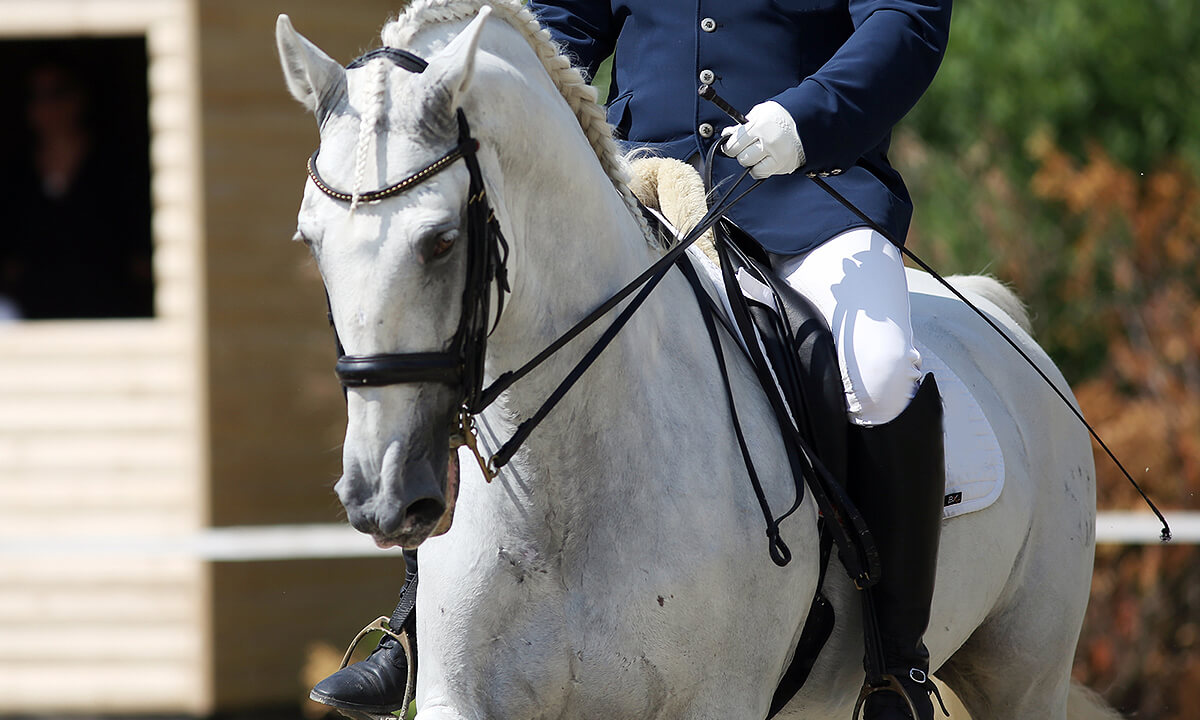Riding instructors teach children and adults of all abilities to ride horses and need to be patient and have good communication skills. Check out our guide to the duties, hours, training and qualifications needed for a career as a horse riding instructor.
Duties Of A Horse Riding Instructor
- Teaching children and adults, individually or as a group, to ride horses
- Grooming and tacking up of horses in preparation for lessons and untacking horses after lessons
- Ensuring that appropriate safety clothing is worn and health and safety rules are followed
- Planning lesson programmes for individual riders according to their abilities
- Keeping records of the progress of pupils
- Adminstering first aid in the event that a pupil falls from a horse
Duties may also include mucking out, turning out and bringing in, tack cleaning, etc.
Working Hours Of A Horse Riding Instructor
Hours can vary but often riding instructors are required to work weekends and into the evenings as well as during the day. Work may also be seasonal with more work available during the summer than winter.
Requirments Of A Horse Riding Instructor
A riding instructor needs to:
- enjoy working with people and to be able to communicate well with people of all ages
- be patient and be able to work with riders of all abilities
- have human first aid training
- be willing and able to work outside in all weather conditions, although some riding schools have indoor schools
- have good horse riding skills
Pay And Prospects Of A Horse Riding Instructor
Rates of pay vary according to age, qualifications and experience but, as a guide, the average salary of a full time riding instructor may range from £12,000-£15,000 for a trainee riding instructor to £25,000 per annum for an experienced instructor. Some yards may offer accommodation, livery for a horse, etc as part payment.
Riding Instructors may progress to self-employment working on a freelance basis at a variety of riding schools or teaching pupils at their own premises. Some instructors progress to setting up their own riding schools.
Training And Qualifications To Become A Horse Riding Instructor
Most Riding Schools require that instructors hold qualifications from the British Horse Society (BHS) or Association of British Riding Schools (ABRS).
Many Riding Schools offer training for grooms or apprenticeships to become a riding instructor.
There are various levels of British Horse Society qualifications and candidates are required to be a member of the British Horse Society in order to train and take the exams. The teaching qualifications of the British Horse Society are:
- BHS Stage 3 plus the Preliminary Teaching Test - candidates must be 17½ years or over
- BHSAI - Assistant Instructor's Certificate - candidates must be 18 years or over, or 17½ years of age or over with 4 GCSEs including English at the time of taking the exam
- BHSII - Intermediate Instructor's Certificate - candidates must be 20 years or over
- BHSI - Instructor's Certificate - candidates must be 22 years or over
- FBHS - Fellowship of the British Horse Society - candidates must be 25 years or over
It is not necessary to be a member of the ABRS to take their teaching exams. The teaching qualifications of the Association of British Riding Schools are:
- Initial Teaching Award - candidates must be 18 or over
- Teaching Certificate - candidates must be 19 or over
- Advanced Teaching Diploma












